A Financial Transaction Tax Would Help Ensure Wall Street Works For Main Street
Economic Policy Institute
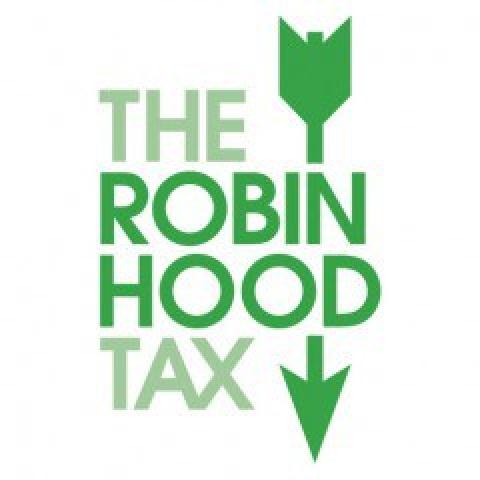
A FTT is an efficient and progressive revenue source. The rise of finance has been largely at the expense of other economic sectors, and that a well-designed FTT is also a very useful tool for shrinking the unproductive parts of this sector.



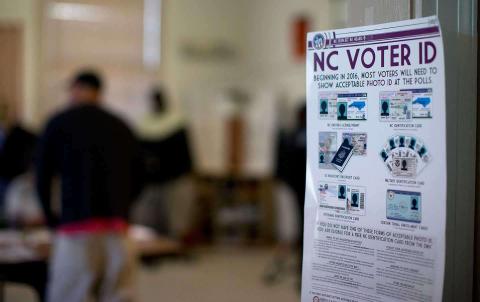

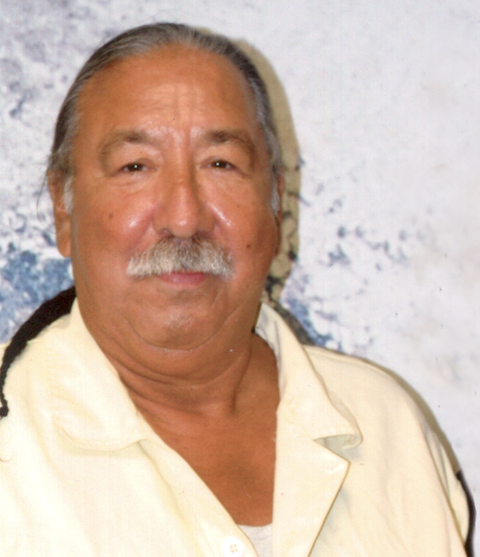
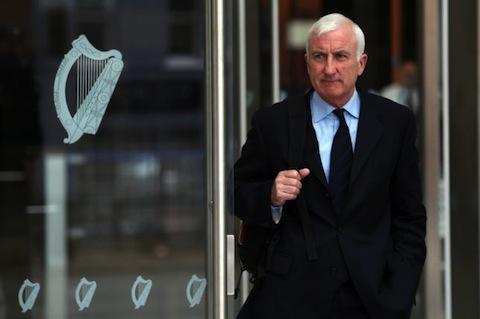
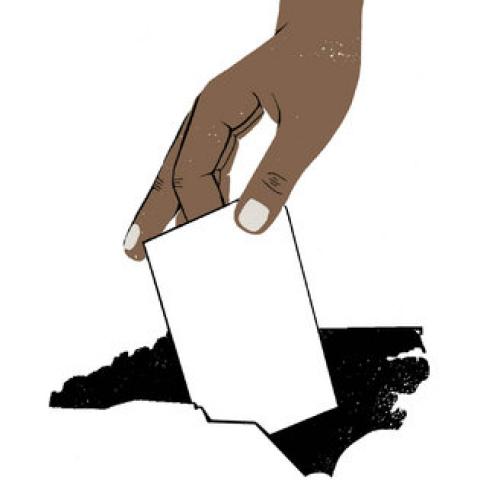
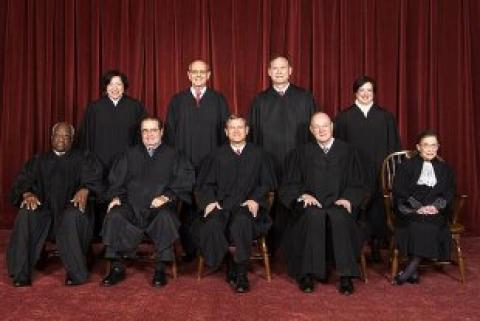

Spread the word